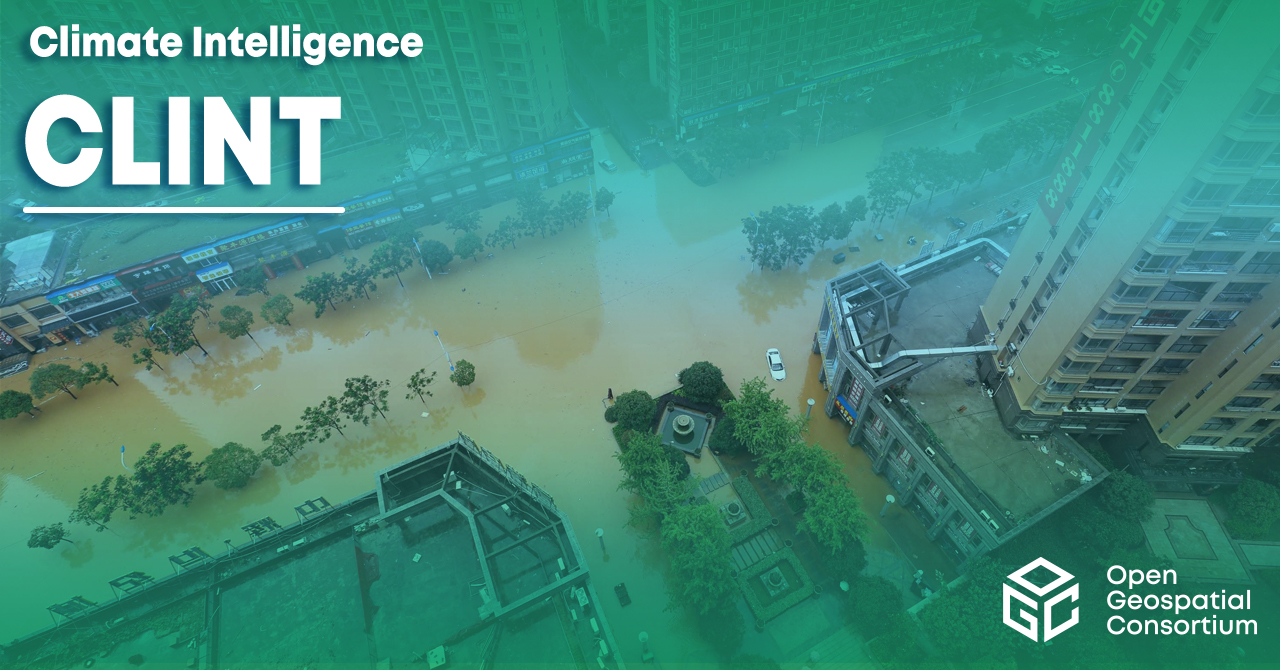
Vision:
Earthquakes, tropical cyclones or extreme droughts can devastate entire regions and have devastating consequences for people and the environment. This makes it all the more important to develop early warning systems to be better prepared for weather extremes in the future.
Climate services play a crucial role in this. They enable the right decisions to be made when weather extremes occur. Today, climate services benefit from unprecedented availability of data, in particular from the Copernicus Climate Change Service. With the help of Artificial Intelligence (AI), the full potential of this data can be realized.
Scope:
The main goal of CLINT is to develop an AI framework composed of machine learning (ML) techniques and algorithms. This will allow large climate datasets to be processed. This will enable climate science to better identify causes of extreme events.
CLINT supports:
- the recognition of spatial and temporal patterns and trends of climatological fields related to extreme event,
- the estimation of physical correlations discovered by ML algorithms, and
- the attribution of past and future extreme events to greenhouse gas emissions and other human-induced impacts.
How much do extreme events impact economies such as industry, agriculture, or infrastructure? To answer this, CLINT will develop innovative and sectoral AI-powered climate services.
Whether at the local level or covering entire countries, CLINT will help EU decision makers take the right actions to protect against the impacts of weather extremes.
OGC will do this by applying the scientific methods in web processing services that comply with the most advanced open data and software standards for climate service information systems. The goal is to facilitate access to climate services research and development by public and private entities.
In this way, CLINT addresses important aspects of the EU Green Deal. This initiative aims to raise awareness of the threat of disasters related to climate change and pollution and to promote concrete actions to reduce these threats.
In addition, through CLINT, the OGC supports the goals of the United Nations Office for Disaster Risk Reduction. The UN helps countries reduce the risks of disasters. This includes improving early warning systems, and assisting in the development of national strategies and policy frameworks to reduce disasters.
CLINT references the goals of the United Nations Framework Convention on Climate Change. The 1992 international agreement seeks to limit human impact on the climate to prevent dangerous disruption of the climate system. Knowing that disasters are becoming more frequent as climate change progresses underscores the urgency of stopping climate change.

This Project is part of the H2020 Programme supported by the European Union, having received funding from it under Grant Agreement No 101003876
